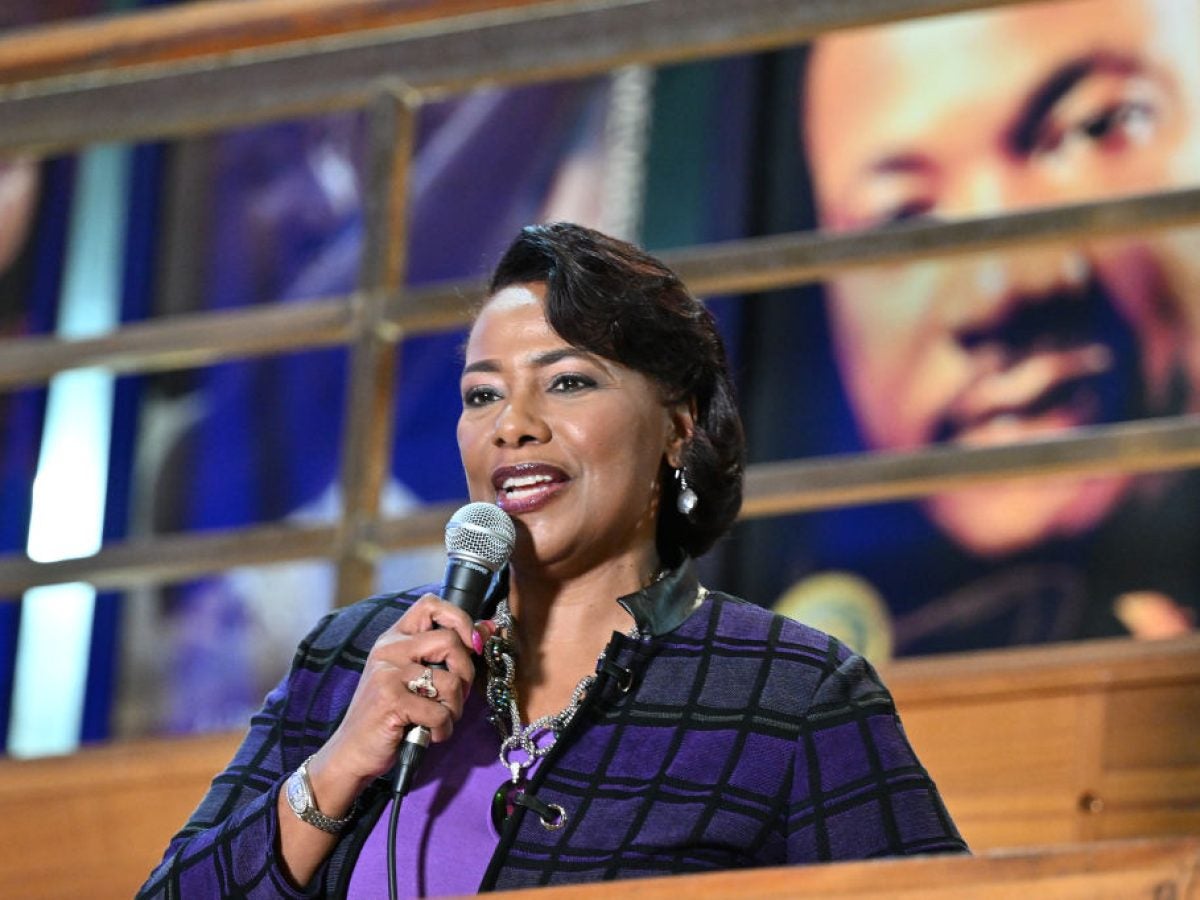
Imagine it’s a workday. Exhausted from your previous 12-hour shift, you awake later than planned. No time for breakfast, you rush to the corner just in time to catch the bus. There are open seats up front, but you head to the back and squeeze between two older women who slide to their own discomfort to make room for you.
Packed in tight, the 22-minute ride in the dead of summer leaves you drenched. You’re frustrated. The anguish of showing up to work disheveled demands you rush to the “Colored Only” restroom to pull yourself together. Refreshed, you check your watch. There’s still time to kill before scrubbing floors in the white neighborhood. With about a half hour to spare, you head to the local diner. You would like to use the front door and sit in the cooled dining room. But, instead, you bear the stench of the back alley, knowing the rear entrance is where you will be served.
Experiences like this, rife with indignities, were everyday life before the Civil Rights Act was signed less than 60 years ago. Then, Black Americans were both vilified and vital—vilified for having the audacity to believe themselves equal. And, vital as a societal scapegoat, the lone contrasting figure against which whiteness could maintain identity and social superiority. Over the span of generations, it’s easy to take for granted the suffering endured by our foreparents and advancements hard-won.
While there’s still ground to be gained in the march toward equality, today, we celebrate how far we’ve come. MLK Day is a celebration of legacy. And today, we commemorate the life and achievements of one of history’s most influential men, the architect of our American dream, The Reverend Doctor Martin Luther King, Jr.
Drawing from a rich ancestral heritage, Dr. Martin Luther King instilled a dream in the hearts of his contemporaries. He erected the scaffolding for future generations to build a better future. However, today—intentionally or unintentionally—many misconstrue his legacy, misrepresent his dream, and try to tear down the foundation Dr. King poured his life into building. Fortunately, Reverend Dr. Bernice A. King, the youngest child of Coretta Scott and Dr. Martin Luther King, Jr., is diligent about her father’s business.
A lawyer, minister, and CEO of The Martin Luther King Jr. Center for Nonviolent Social Change, Dr. Bernice King is herself a driving force in racial and social justice. Still, she makes time to check and correct false narratives and bubbling misinformation that aims to assail her father’s legacy.
Here are 13 times Reverend Bernice Albertine King gracefully intervened against attempts to co-opt her father’s legacy:
A double-minded man.
On January 15, 2022, Governor Glenn Youngkin signed an executive action banning the teaching of what he labeled “inherently divisive concepts”—including the history of Black people, racism, and oppression in the United States. In the same period, the Virginia Governor invoked Dr. King’s “I Have A Dream” speech to call for Virginians to “cast aside prejudice.” Really?
Dr. Bernice King addressed the Governor with firmness but kindness.
Study to show approved.
Colorado Republican Representative Lauren Boebert has an established national reputation for embracing election denialism, QAnon conspiracy theories, and backing former President Donald Trump’s MAGA agenda. The far-right leaning, gun rights activist made Islamophobiac comments about Minnesota Democratic Representative Ilhan Omar, the first Somali-American in Congress, suggesting she was a terrorist. She also made anti-Muslim statements about Muslim Congresswoman Michigan Democratic Representative Rashida Tlaib. “Ilhan Omar and Rashida Tlaib. These are just black-hearted evil women,” Boebert said.
When the Congresswoman summoned the words of Dr. Martin Luther King, Jr. in a tweet, Reverend Bernice King’s response was characteristically wise.
Not with words, but through actions is love shown.
Dr. Bernice King offers proactive guidance for politicians and influencers.
A gentle correction.
At the turn of the new year, 2018, Newsweek tweeted a photograph of Dr. King in his casket. The intention, a representative said, was to highlight the upcoming fiftieth anniversary of his murder. Reverend Bernice King didn’t need to say much, but her reaction was sufficient for the platform to remove the tweet and apologize for the unintended disrespect.
Knowledge is power.
Required reading.
No weapon formed.
Dr. Bernice King stood firm against pundits’ attempts to weaponize MLK to diminish BLM.
Tell the truth, shame the devil.
Now widely regarded as an agent for global and societal good, the Reverend Dr. Martin Luther King Jr. was not so beloved in his lifetime.
Dr. Bernice King corrects the convenient rewriting of history.
Speak up and judge fairly.
Dr. Bernice King tweeted a timely message from MLK on the cost of silence in the face of injustice.
But doers of evil eventually destroy themselves.
On January 6, 2021, a mob of white nationalists attacked the US Capitol Building in an outraged response to the 2020 defeat of former President Donald Trump.
Dr. Bernice King’s reaction.
Let justice roll down like water.
“Now, when we come to Washington in this campaign, we’re coming to get our check.” – Dr. Martin Luther King, Jr.
In righteousness shall you judge your neighbor.
Dr. Bernice King offers thoughts on the politics of respectability.
Do good; seek justice, correct oppression.
A reminder of Dr. Martin Luther King Jr.’s political views.
Those who listen to instruction will prosper.